Pressure taken off heating engineers with intelligent valves
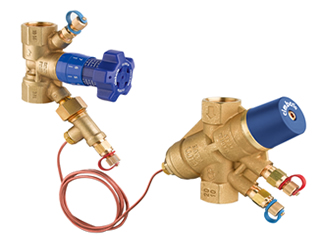
Hydronic balancing is one of the most complicated tasks faced by heating engineers and a poorly balanced system means a system, which is both energy inefficient and money costing. This is according to Albion Valves, a UK valves supplier, who recommend specifying intelligent valves to strike the perfect balance, which helps to take the pressure off of engineers.
Dynamic valves such as Pressure Independent Control Valves (PICVs) and Differential Pressure Control Valves (DPCVs) are like pneumatic mechanisms, but instead of using oil or air they are operated by water pressure.
Their intelligence comes from their ability to adjust as the system changes, allowing them to read the conditions, attune accordingly and help prevent the system over delivering and wasting energy.
PICVs promote balance and control, they are generally installed at end of line energy sources such as air handling units, fan coil units and chilled beams, which offer the best position from which to regulate the performance of the heating system as a whole.
By constantly self-regulating to system variances,PICVs ensure pressure influences from the rest of the circuit are avoided, promoting excellent control of the flow required to each unit in accordance with the demand for either heating or cooling.
Additionally, for almost the entire building services supply chain PICVs save time and cost. From a designer's perspective they require less complicated calculations, from an installer's perspective there are fewer valves to install giving both space and financial savings. For a commissioning engineer they give flow verification but with no balancing work required so delivering a better performing system all round.

The other smart valve in Albion's portfolio is the DPCV. This differs from the PICV in that the differential pressure is controlled at the precise location it is installed in, therefore allowing the flexibility of phased commissioning or balancing of each sub-circuit.
DPCVs offer beneficial energy savings in ‘real life' installations through eliminating localized overflows in sub-circuits that often occur within poorly balanced and controlled radiator applications.
In a variable volume system when the heating or water flow is not needed in a building, a DPCV has the ability to prevent it from circulating using its integral intelligence to conserve the energy that would be otherwise wasted. So common inefficiencies, such as water losing energy to its surroundings, heating losing heat or cooling gaining heat into the pipe distribution system need not occur.
Albion Valves, Technical Specifications Manager, Paul Wightman commented that dynamic valves ensure performance and comfort so there is no human interaction required to counter the badly balanced system. “With the introduction of dynamic balancing products onto the market there is an increasing opportunity to simplify the entire process of balancing a system for heating engineers, as well as cutting costs and improving consistency. The choice of equipment is key to achieving a well-balanced system."
Similar articles
More from Albion Valves Ltd
- Pressure taken off heating engineers with intelligent valves 19th July 2016

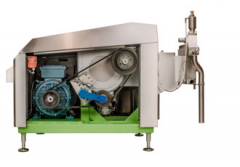
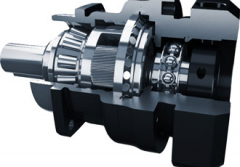
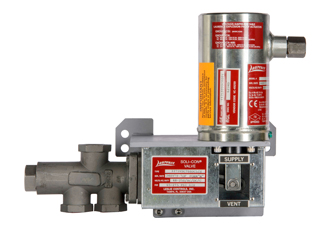
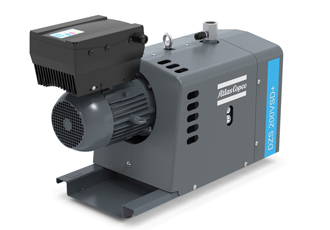







Write a comment
No comments